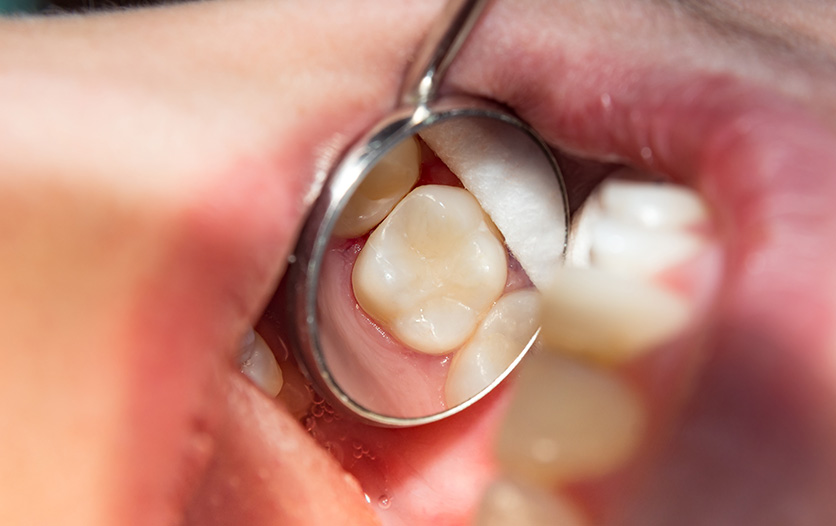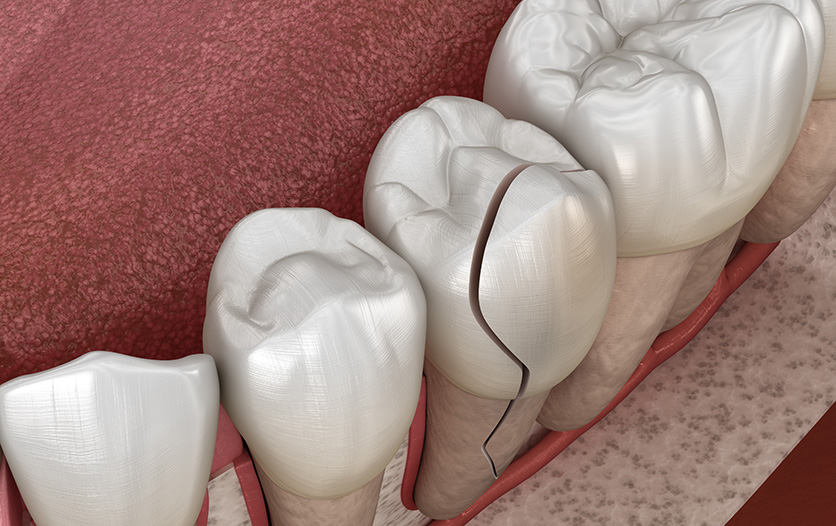
How Long Does a Tooth Filling Last?
Tooth fillings are a common dental procedure used to treat cavities and restore the structure and function of teeth. One common question that arises regarding fillings is, “How long do they last?”
In this article, we will explore the factors that influence their lifespan and provide insights into their durability.
The Lifespan of Tooth Fillings
The longevity depends on various factors, including the type of filling material used, the size and location of the cavity, your oral hygiene habits, and overall oral health. On average, tooth fillings can last between five and 15 years. However, with proper care and regular dental checkups, some fillings can endure even longer.
Types of Tooth Filling Materials
Different types of filling materials are available, each with its own lifespan and characteristics. The most common filling materials include:
1. Amalgam Fillings
Amalgam fillings, also known as silver fillings, are made from a combination of metals, including mercury, silver, tin, and copper. These fillings are known for their durability and strength, and they can last for 10 to 15 years or more.
2. Composite Resin Fillings
Composite resin fillings are tooth-colored and made of a mixture of plastic and fine glass particles. They are popular for their aesthetic appeal as they blend seamlessly with natural teeth. These fillings typically last around five to seven years but may require periodic touch ups or replacements due to wear and staining.
3. Ceramic or Porcelain Fillings
Ceramic or porcelain fillings, also called inlays or onlays, are custom-made restorations fabricated in a dental laboratory. They are highly durable and aesthetically pleasing. With proper care, ceramic or porcelain fillings can last for over 10 years.
Factors Affecting the Lifespan of Fillings
Several factors can influence the lifespan of tooth fillings:
1. Oral Hygiene Practices
Maintaining good oral hygiene, including regular brushing, flossing, and using mouthwash, is crucial for the longevity of fillings. Proper oral care helps prevent new cavities and decay around the existing fillings, ensuring their durability.
2. Eating Habits
Chewing hard or sticky foods can put extra stress on fillings, potentially leading to cracks or dislodgement. Avoiding excessive consumption of hard candies, ice, or biting down on non-food objects can help preserve the integrity of your fillings.
3. Teeth Grinding or Clenching
Bruxism, the habit of grinding or clenching the teeth, can wear down fillings over time. If you have bruxism, your dentist may recommend a nightguard to protect your teeth and fillings while you sleep.
4. Decay or Recurrent Cavities
If decay develops around the edges of a filling, it can compromise its integrity and lead to its failure. Regular dental checkups are essential to detect and address any signs of decay early on, ensuring the longevity of your fillings.
5. Dental Care and Maintenance
Attending regular dental visits allows your dentist to monitor the condition of your fillings and identify any potential issues. Professional cleanings and examinations can help maintain the health and longevity of your dental restorations.
What Happens When a Filling Needs Replacement?
Over time, a filling may wear down, crack, or develop decay around its edges, compromising its function and seal. If your dentist determines that your filling needs replacement, they will remove the old filling and replace it with a new one. Regular dental checkups enable your dentist to identify any signs of wear or failure in your fillings, allowing for timely intervention.
In some cases, if the decay extends beyond the filling and affects a significant portion of the tooth, your dentist may recommend a more extensive treatment, such as a dental crown or inlay/onlay, to restore the tooth’s structure and strength.
Preventing the Need for Premature Filling Replacement
While fillings have a lifespan, there are steps you can take to maximize their longevity and reduce the likelihood of premature replacement:
- Practice Good Oral Hygiene: Brush your teeth at least twice a day with fluoride toothpaste and floss daily. This helps maintain overall oral health and prevents new cavities from forming around the existing fillings.
- Limit Sugary Foods and Drinks: Minimize your consumption of sugary foods and drinks, as they can contribute to tooth decay and compromise the integrity of fillings.
- Wear a Mouthguard: If you engage in activities that increase the risk of dental trauma, such as sports or teeth grinding, wearing a mouthguard can help protect your teeth and fillings.
- Visit Your Dentist Regularly: Schedule routine dental checkups every six months to allow your dentist to monitor the condition of your fillings and address any issues promptly.
Summing Up
The lifespan of a tooth filling depends on various factors, including the type of filling material used, oral hygiene practices, eating habits, and overall oral health. While fillings can last between five and 15 years, proper care and maintenance can help extend their longevity. Remember to maintain good oral hygiene, follow a balanced diet, and attend regular dental check-ups to ensure the health and durability of your fillings.
If you have concerns about your fillings or notice any changes or discomfort, please don’t hesitate to reach out to us at Evers Dental Center. Our compassionate team is here to answer any questions you may have and can help resolve any issues. Contact us today to schedule an appointment.
Keep reading:
Why are fluoride treatments so good for your teeth?
10 reasons you can get a tooth ache and what to do about it
All your questions answered about dental crowns




